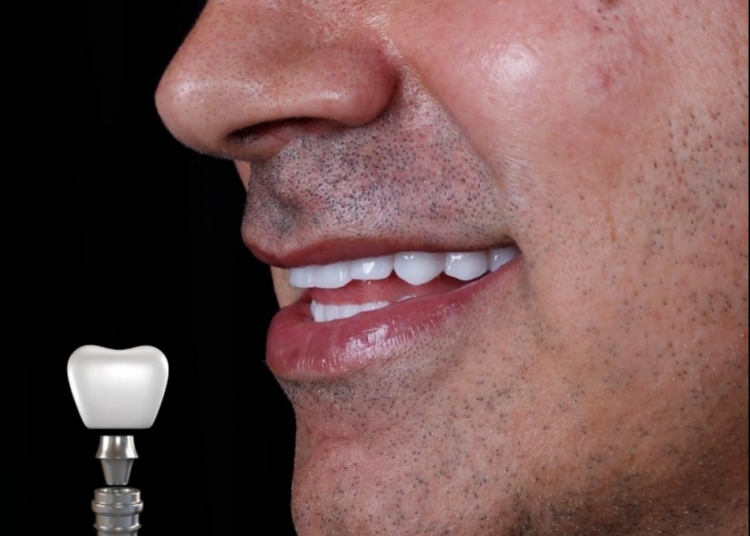Gum Diseases
What Is Gum Disease?
Gum disease, also known as periodontal disease, is a set of inflammatory conditions affecting the tissues surrounding the teeth. It ranges from simple gum inflammation, known as gingivitis, to more severe forms, such as periodontitis, which can lead to tooth loss.
What Is The Importance Of Gum Disease?
Gum disease is significant because it is one of the leading causes of tooth loss in adults. It is also linked to other health complications, including heart disease, diabetes, and respiratory disease. Early detection and treatment are crucial to prevent its progression and associated health risks.
What Can a Periodontist Do For Gum Disease?
A periodontist specializes in the prevention, diagnosis, and treatment of periodontal disease and the placement of dental implants. They are experts in treating oral inflammation and can offer a wide range of treatments, from scaling and root planing (cleaning the infected root surfaces) to surgical procedures for severe cases. They also provide guidance on how to maintain optimal gum health.
What Is The Most Common Gum Disease?
The most common gum disease is gingivitis, characterized by red, swollen, and bleeding gums. It is caused by the accumulation of plaque on the teeth and gums and is usually reversible with good oral hygiene and professional dental cleaning.
What Are The Symptoms Of Gum Disease?
Symptoms of gum disease include:
- Bleeding gums during and after tooth brushing
- Red, swollen, or tender gums
- Persistent bad breath or bad taste in the mouth
- Receding gums or longer appearing teeth
- Loose or shifting teeth
Is Control Required After Periodontal Treatments?
Yes, control is crucial after periodontal treatments. Regular dental check-ups and cleanings are essential to ensure the health of the gums is maintained and to prevent the recurrence of periodontal disease. Patients are also advised to adhere to a strict oral hygiene routine at home.
Causes Of Gum Disease Infection
The primary cause of gum disease infection is plaque, a sticky film of bacteria that forms on teeth. Other contributing factors include:
- Smoking or chewing tobacco
- Genetic susceptibility
- Certain illnesses, such as diabetes
- Medications that reduce saliva flow
- Hormonal changes in girls/women
- Poor oral hygiene habits
How Is Gum Disease Infection Treated?
Treatment for gum disease infection depends on the severity and may include:
- Professional Dental Cleaning: To remove plaque and tartar.
- Scaling and Root Planing: A deep-cleaning procedure to remove bacteria from beneath the gum line.
- Medications: To control infection and pain.
- Surgery: For advanced cases, procedures like flap surgery or bone and tissue grafts may be necessary.

Get an offer
Gum Diseases
in Turkey. Get a free offer within 24 hours.
